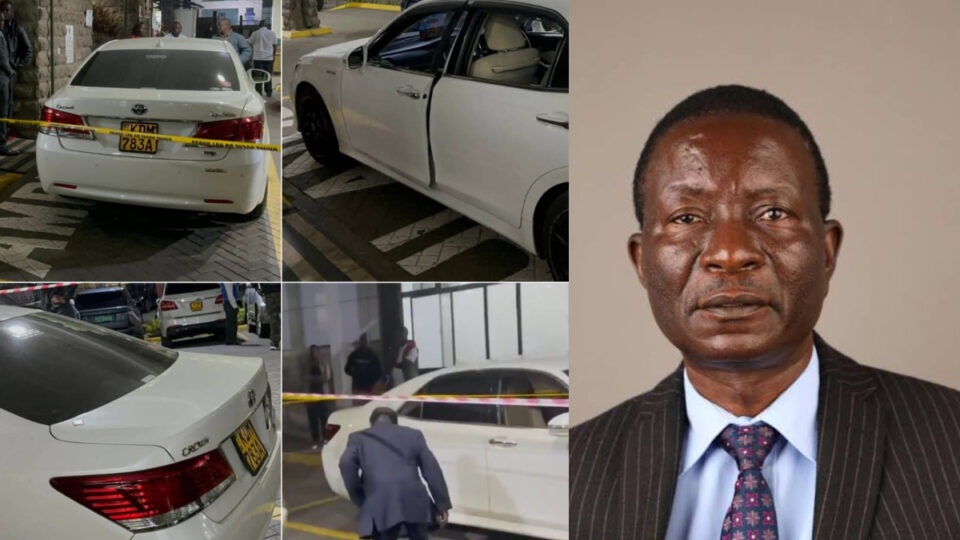While many mourn the violent death of Charles Ong’ondo Were, the Kasipul MP shot dead in Nairobi, others in his backyard have met the news with a different kind of silence not of grief, but of complex relief.
To some, his death closed a painful chapter. For years, Kasipul, once a peaceful constituency, has been a growing hotspot of political violence.
Many point fingers at Mr Were’s leadership, accusing him of fueling division and empowering violence as a political tool.

From 2019 onward, incidents of attacks, injuries, and intimidation surged. Funerals and public rallies became battlegrounds.
Locals described this chaos as “violence on wheels” youths ferried in Probox cars and big SUVs, arriving armed and ready to clash on command.
Some former allies, like Kenneth Jabuya, carry deep scars literally. In 2019, he was stabbed multiple times by men allegedly linked to the MP after raising concerns over broken campaign promises.
He survived, but justice, he says, never came.
Others, like Clinton Ogaga, were attacked at funerals simply for supporting a rival.
Families have been torn apart even one reporting a daughter who vanished under suspicious circumstances after a job promise from Were.
)
Her sister says the MP “knew what happened.”
Rights defenders are now speaking up, saying Kasipul’s pain must not be buried with its MP. “We can’t keep losing lives to unchecked violence. Leaders must be held accountable,” said activist Michael Kojo.
Charles Ong’ondo Were may have held a national post meant to promote unity, but for many in his own constituency, he represented the exact opposite — and his death has only exposed the deep, bloody cracks left behind.

